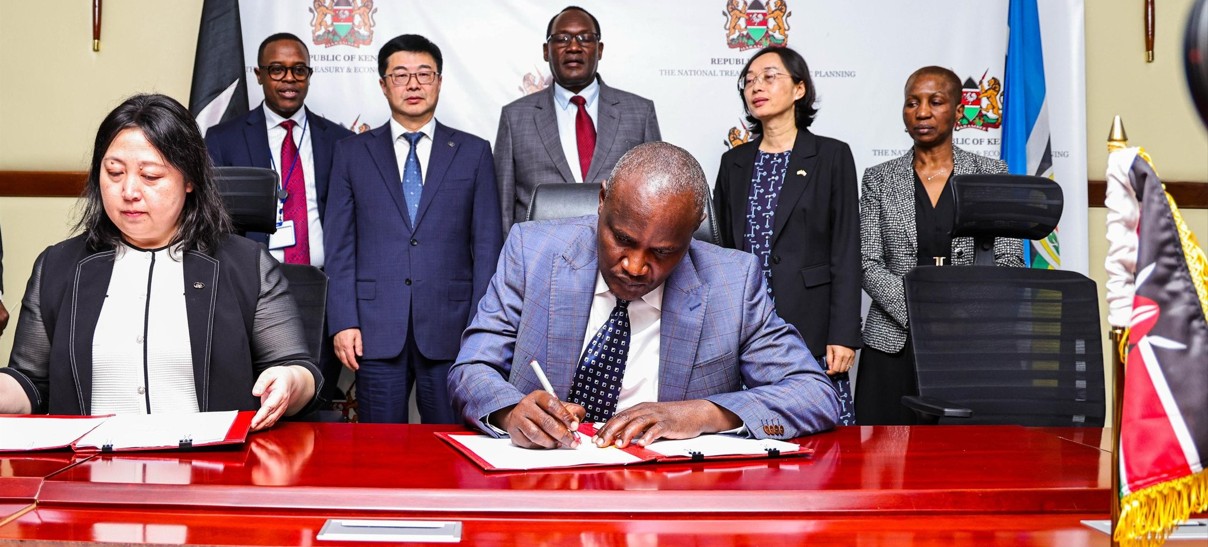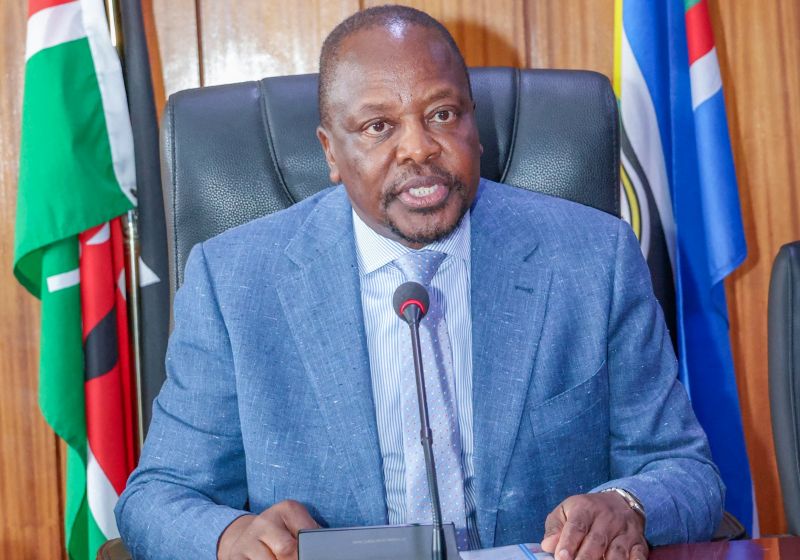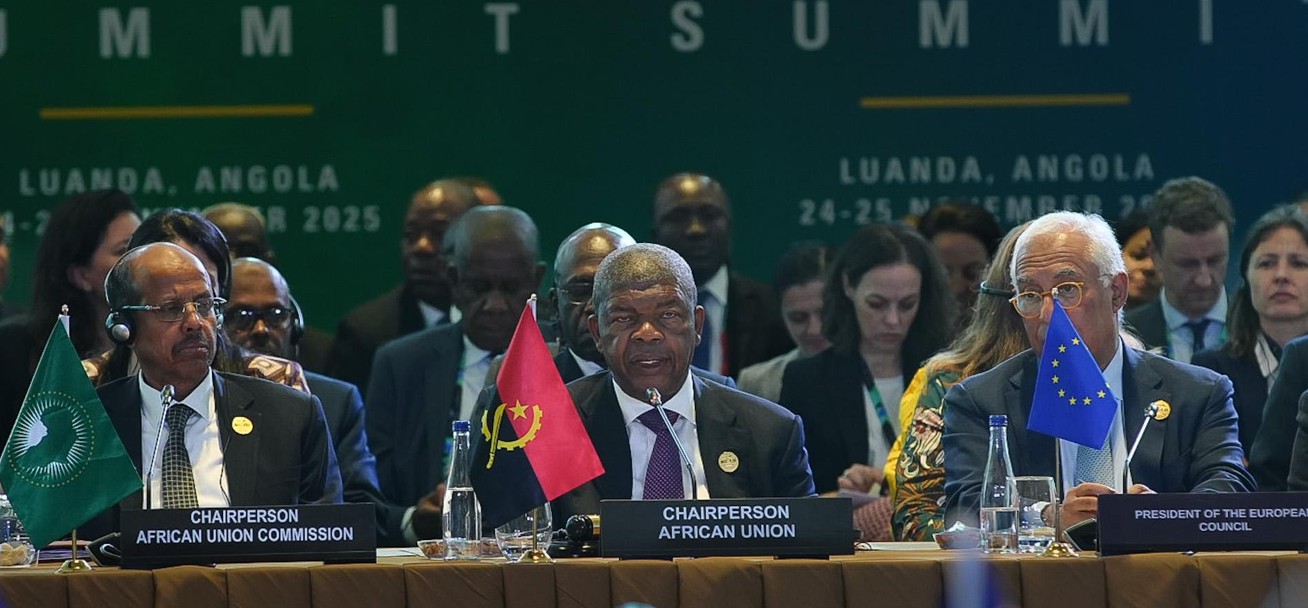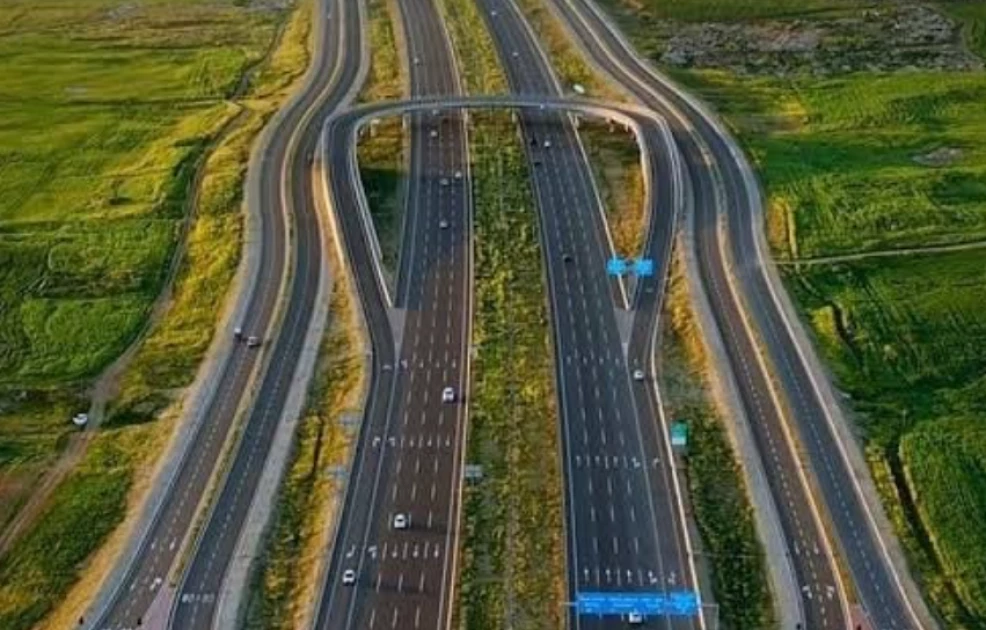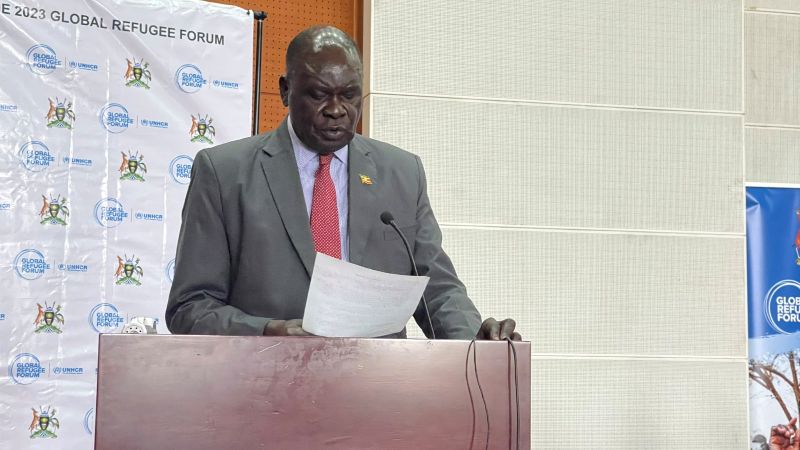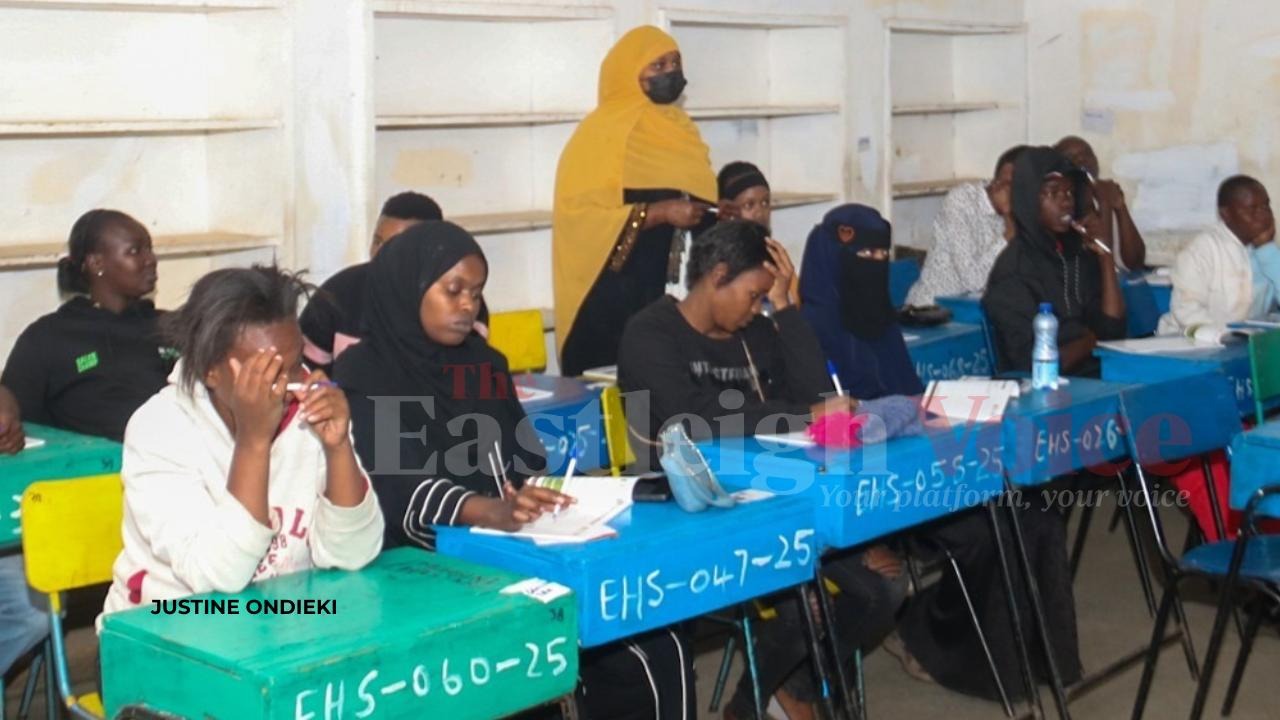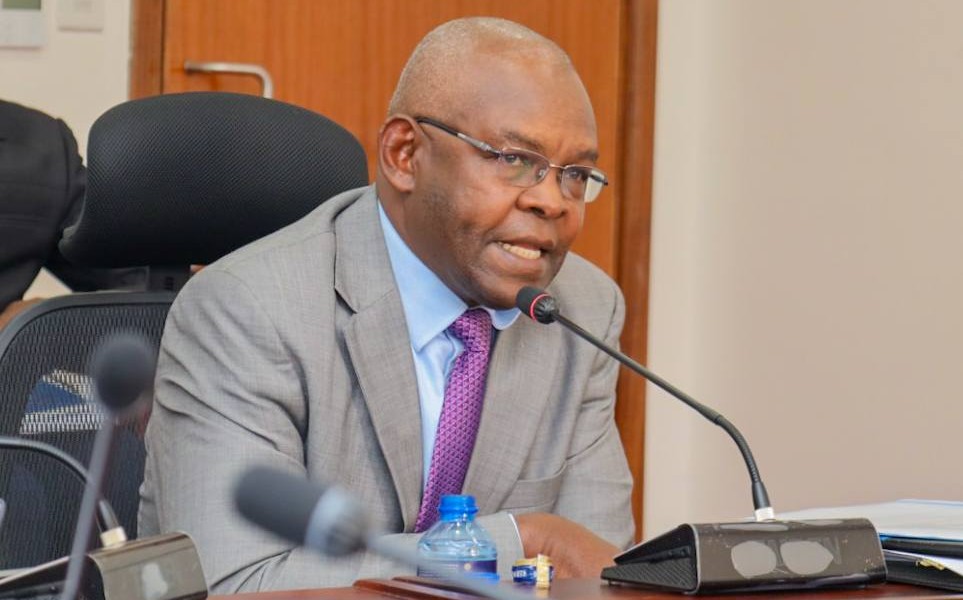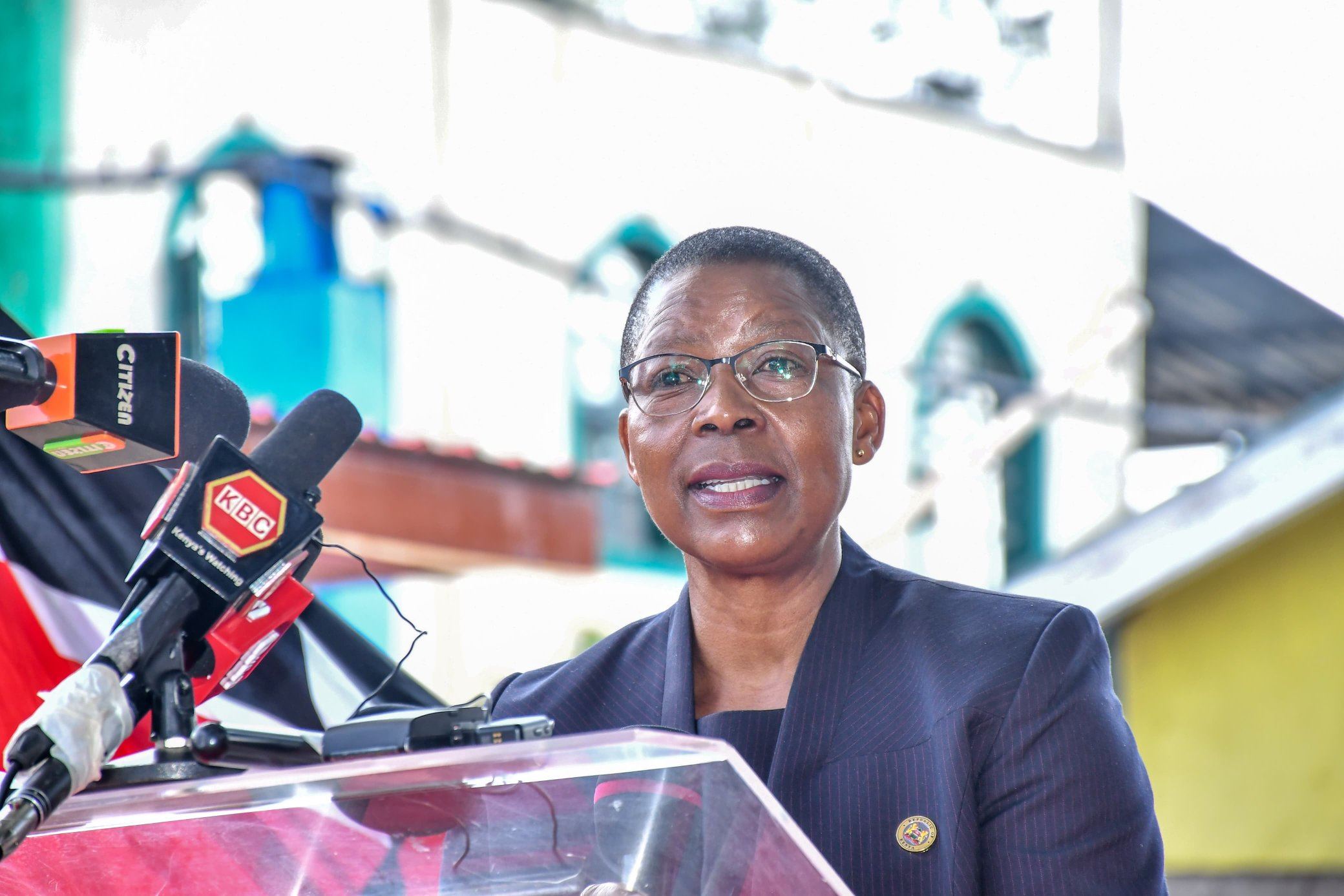Congo eyes debt-for-nature swap to ease fiscal strain
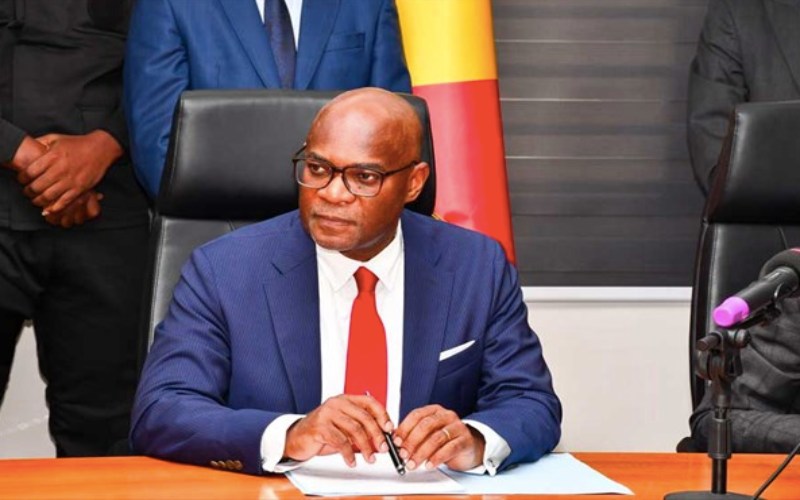
The Basin, which stretches across six Central African nations, plays a vital role in absorbing carbon dioxide and regulating global temperatures, making it central to international climate efforts.
The Republic of Congo is negotiating with European partners on a potential debt-for-nature swap as part of efforts to manage its debt burden, Finance Minister Christian Yoko said on Wednesday.
A debt-for-nature swap is a financial mechanism where part of a country's external debt is forgiven in exchange for commitments to invest in conservation and climate-related projects. Such deals are increasingly seen as a way for developing countries to free up fiscal space while contributing to global environmental goals.
More To Read
- M23 rebels hands over minors taken from conflict zones in North Kivu, DRC
- UN decries ‘truly horrific’ massacres in DR Congo
- MONUSCO condemns ADF attacks that killed 89 civilians in North Kivu
- Rwanda, DR Congo talks move into ‘phase two’
- COP30: Leaders endorse pledge to quadruple clean fuel use by 2035
- Truck that overturned in Uasin Gishu was ferrying natural rubber latex to DRC
Speaking on the sidelines of the COP30 climate conference in Belem, Brazil, Yoko said the government is exploring options with partners who could provide credit guarantees to support the deal, though the scale of the swap is yet to be determined.
Further, he noted that such an arrangement would align with Congo's environmental priorities, given the country's role in the Congo Basin, which contains the world's second-largest tropical rainforest after the Amazon.
The Basin, which stretches across six Central African nations, plays a vital role in absorbing carbon dioxide and regulating global temperatures, making it central to international climate efforts.
While the Congo government explores the financing tool, the country continues to face mounting debt pressures following years of low oil prices and pandemic-related shocks.
According to the World Bank, although Congo has managed to lower its debt from more than 100 per cent of its GDP in 2020 to about 94 per cent in 2024, the government still struggles to meet repayment obligations, with nearly half of its revenue going toward servicing debt.
"Debt service on the regional market absorbed about half of budget revenues by end-2024, leading to arrears, spending cuts, and the government's launch of a debt reprofiling plan (PNOT)," said the World Bank in an economic update in September.
Further, the global lender noted that the country's economy grew by 2.6 per cent last year, driven by farming and manufacturing, but falling oil production exposed how heavily the country still depends on its oil sector.
"An uncertain global environment, tighter financial conditions, and a secular decline in oil demand and prices will test fiscal and external resilience," the World Bank said.
"Sustaining a 3 per cent budget surplus will require substantive spending consolidation alongside continued non-oil revenue gains. Debt is expected to fall gradually, conditional on disciplined borrowing and improved cash and risk management."
Top Stories Today

